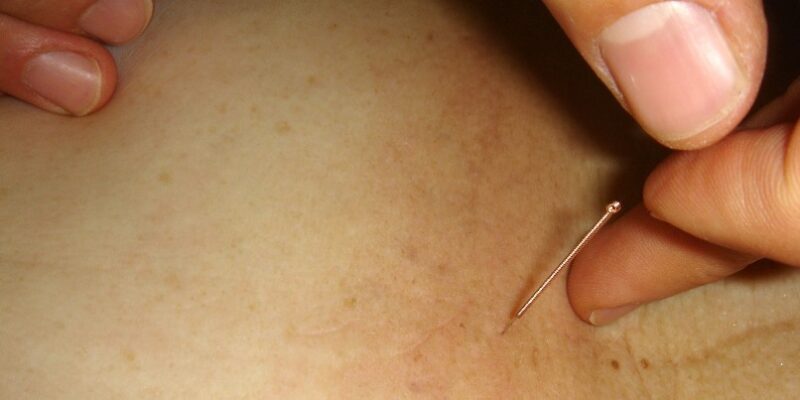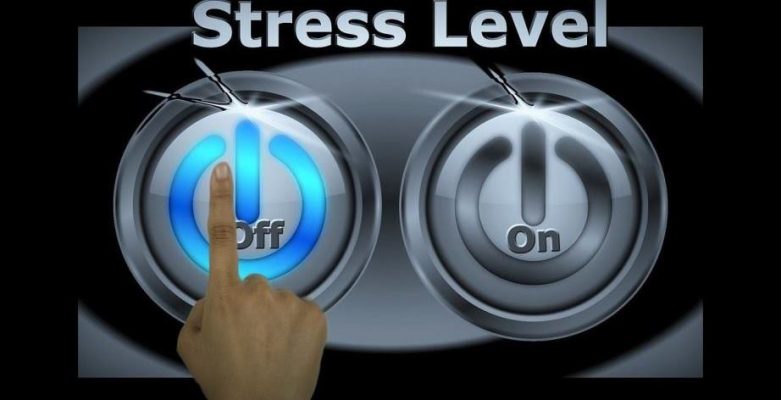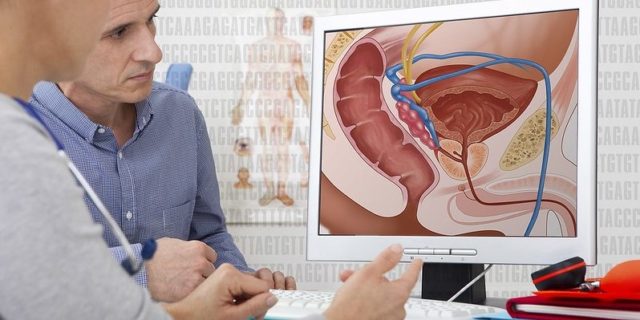
Although often used interchangeably there’s a subtle difference between a disorder (either physical or psychological) and a dysfunction. To make a very complicated technical discussion short: as a whole we could say that a certain disorder can lead to a certain (general) dysfunction or range of dysfunctions.

Nevertheless, there are common terminology practices with regard to specific sexual disorders or dysfunctions. For example: we usually talk about an erectile dysfunction (more used) and not so much of an erectile disorder (used in a lesser degree).
In any case, the phrase sexual dysfunction is a general term referring to problems that prevent a person or couple from experiencing satisfaction from sexual activity in the very broad sense of excitement, pleasure, including fertility issues.
Symptoms of sexual dysfunction in men may show as the inability to achieve or maintain an erection suitable for intercourse aka erectile dysfunction (ED), absent or delayed ejaculation, early or premature ejaculation (PE), lack of interest for sex, arousal issues, among other conditions.
In women it can, for instance, show as the inability to achieve an orgasm, inadequate vaginal lubrication, inability to relax the vaginal muscles, lack of desire for sex, inability to become aroused, or pain during intercourse.

Causes of sexual dysfunction may be emotional (psychological), physical, genetic, or medical. Think of causes such as diabetes, obesity, heart and vascular disease, poor blood circulation, tensed body tissues, organ dislocations, genital deformations, neurological disorders, chemotherapy, medication side-effects, traumatic experiences, all forms of stress and anxiety, low self-esteem and body-image issues, relationship problems, hormonal imbalances, chronic diseases, depressions, feelings of guilt, alcoholism, or drug abuse.
Most types of sexual dysfunctions can be treated by addressing the underlying physical or psychological issues. Common treatments include medication, surgery, mechanical aids, physical or mental exercises, massage and bodywork, sex therapy and counseling, behavioral treatments, lifestyle changes, psychotherapy, education and communication.
















